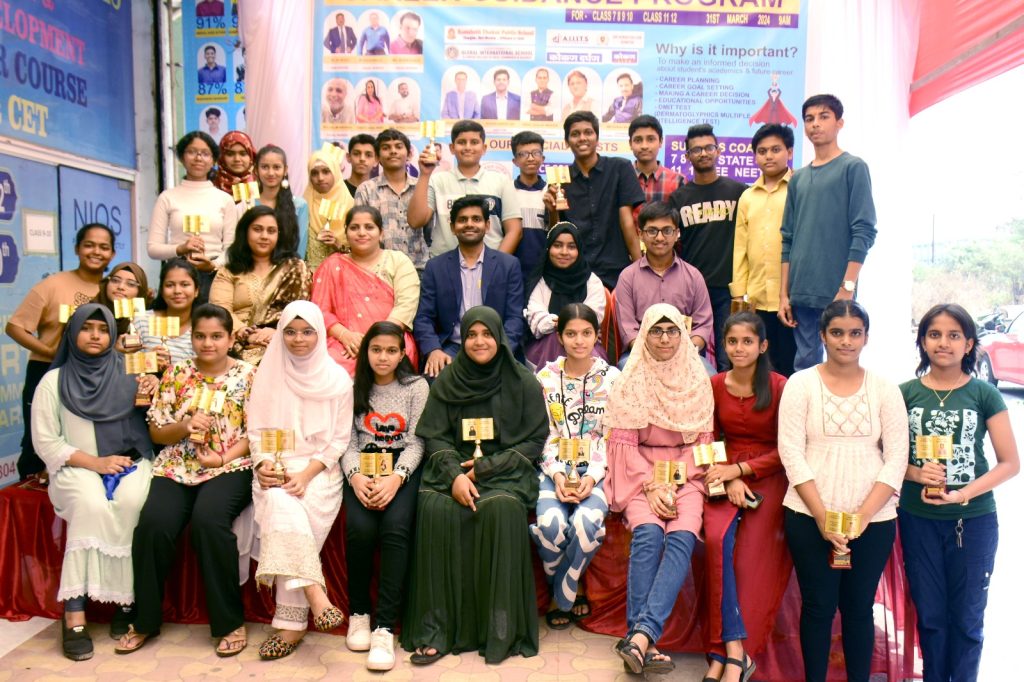
Introduction
Coaching classes are rapidly developing. As we look ahead to the next decade, numerous trends are poised to transform how coaching is given and experienced. The integration of modern technologies, individualized learning, and hybrid models are just a few of the major shifts on the horizon. This blog investigates these tendencies, making predictions for the future of coaching classes.
Rise of Online Coaching
The transition to online coaching has been considerable. With the introduction of high-speed internet and readily available digital tools, students can now learn from the comfort of their homes. Online platforms provide flexibility, allowing students to schedule sessions around their responsibilities. Furthermore, these platforms frequently supply a wealth. of resources, including recorded lectures and interactive exercises. This transformation is about more than just convenience; it’s also about increasing access to high-quality education. Geographic boundaries are being removed, allowing students from rural regions to learn from world-class professors. As technology advances, online coaching is likely to become increasingly more complex, with increased involvement and individualized feedback methods.
Personalized learning experiences.
Personalized learning is gaining popularity in the coaching sector. Traditional one-size-fits-all techniques are being replaced with personalized learning experiences that address individual requirements and preferences. Educators can now use data analytics to track students’ progress in real time and change their teaching tactics as needed. This personalization aids in targeting unique shortcomings and strengths, resulting in more effective learning outcomes. When students see content that is relevant to their specific goals and interests, they become more engaged and motivated. The growth of adaptive learning technologies, which change the difficulty of tasks based on the learner’s performance, demonstrates the growing importance of individualized education.
Integration of AI and VR
Artificial intelligence (AI) and virtual reality (VR) are poised to transform coaching classes. AI can provide personalized teaching, analyze student performance, and identify areas for development. For example, AI-powered platforms can identify common faults and recommend focused practice sessions. Meanwhile, VR provides immersive learning experiences, which are especially useful for disciplines that require practical application. Consider a biology student examining a virtual human body or an engineering student working on a virtual construction project. These technologies not only make learning more interesting, but they also allow for hands-on engagement without the use of physical resources.
Emphasis on soft skills.
In addition to academic knowledge, soft skills are becoming increasingly important in coaching sessions. Communication, cooperation, and problem-solving skills are more vital in today’s job environment. Coaching programs are incorporating soft skills training into their curricula to better prepare students for real-world situations. Activities such as group projects, role-playing, and peer feedback sessions are intended to improve these critical skills. Employers value applicants who can collaborate successfully in groups, adapt to changing settings, and communicate effectively. As a result, coaching sessions that focus on holistic development are expected to be in more demand.
Flexible and Hybrid Learning Models
Flexibility in learning is becoming increasingly important. Hybrid learning approaches integrate online and offline training, providing the best of both worlds. Students can benefit from in-person engagement with teachers while also utilizing online resources. This strategy is especially good at supporting various learning styles and schedules. For example, a student may attend in-person seminars for challenging topics that require direct instruction, while also using online resources for self-paced learning. The hybrid method makes education more accessible, adaptable, and adapted to individual requirements, making it a preferred choice for the future.

Community and Peer Learning
Community and peer learning are increasingly important in the coaching environment. Learning as a community promotes collaboration and collective growth. Peer relationships facilitate discussion, debate, and mutual support. Coaching platforms are increasingly including tools that promote community formation, such as discussion boards, group projects, and study groups. These interactions improve comprehension and retention of knowledge. They also assist students acquire social skills and networks that will be useful in their future employment. A sense of belonging and common goals in a learning community can dramatically increase motivation and engagement.
Conclusion
The future of coaching classes is bright and full of great opportunities. From the rise of online learning to the merging of AI and VR, the upcoming decade
promises significant advancements. Personalized and flexible learning models, along with a focus on soft skills and community learning, will shape the educational landscape. As these trends continue to evolve, coaching classes will become more effective, engaging, and accessible, paving the way for a new era in education
